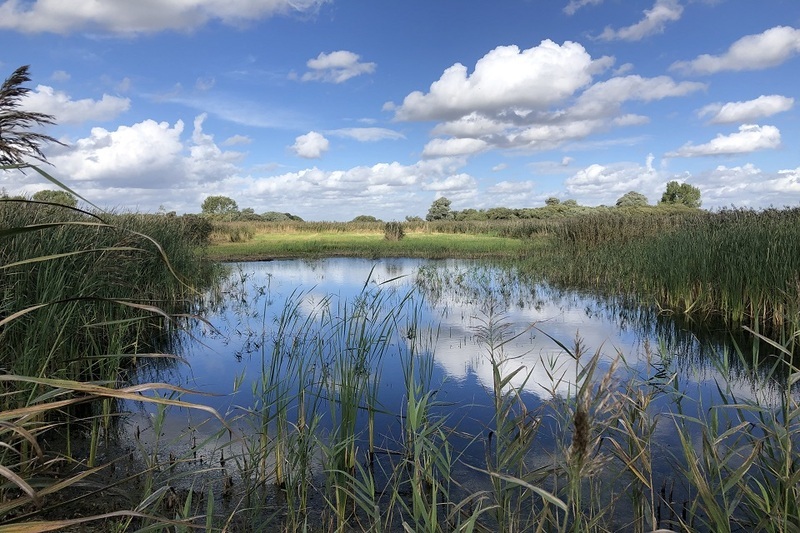
Andersen: 2024 is on track to be warmest on record..Financing must up at least 3.5 times
2024 is on track to surpass 2023 as the warmest on record and climate change ...

Cambridgeshire Great Fen project will save 325,000 tons of carbon dioxide annually as it aims to create 3,700 hectares of fen landscape between Huntingdon and Peterborough.
The partners working on this project are Natural England, Environment Agency, Huntingdon District Council, Middle Level Commissioners and Bedfordshire, Cambridgeshire and Northampton Wildlife Trust.
It has been running since 2001 and is aiming to reconnect two ancient fen habitats, Woodwalton Fen and Holme Fen National Nature Reserves.
Woodwalton Fen and Holme Fen National Nature Reserves are two of the last remnants of fenland that once stretched from Lincoln to Cambridge.
The area was once ‘wild fen’, a landscape rich in wildlife, stretching between Lincoln and Cambridge, in Eastern England. However, in the 17th century the fenland was drained for agriculture, which resulted in 99% of the wild fen being destroyed. Woodwalton Fen and Holme Fen National Nature Reserves are two of the last remnants.
The restoration is expected to take between 50 and 100 years to complete.
Improvements are already being seen as a result of the progress made so far including reduced risk of flooding in the locality; reducing greenhouse gas emissions by starting to restore the peatland; and increased numbers of wildlife, including bitterns, lapwing and snipe.
The project will take 50 to 100 years to complete.
Catherine Weightman, Natural England Cambridgeshire team leader, said “We are thrilled that this highly important project will be showcased at the Inter-agency Climate Change Group stand during COP26. Our work with our partners will benefit wildlife and people for centuries to come.”
Clive Walmsley, Chair of the Inter-agency Climate Change Group, said “Our ambition at COP26 is to showcase the very best examples of nature-based solution projects from across the UK. Highlighting to new audiences how nature can provide important solutions to climate change and help achieve environmental improvements for the benefit of current and future generations.”
2024 is on track to surpass 2023 as the warmest on record and climate change ...
The annual collective climate financing contributions from the group of multilateral development banks (MDBs) is ...
Sweden pledges additional $19 million to the Loss and Damage Fund at the 29th United ...


اترك تعليقا